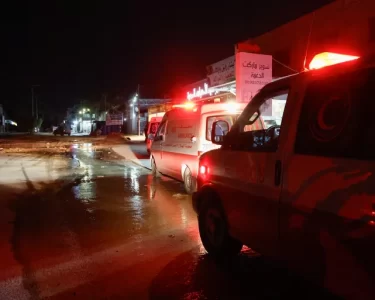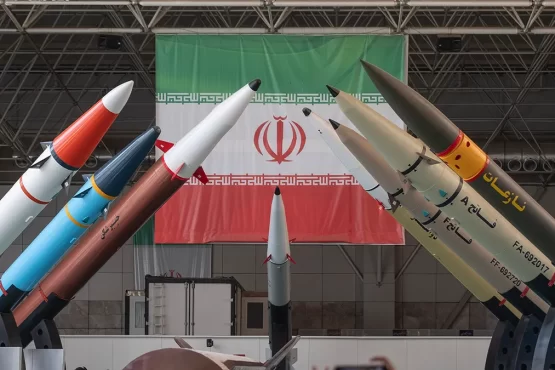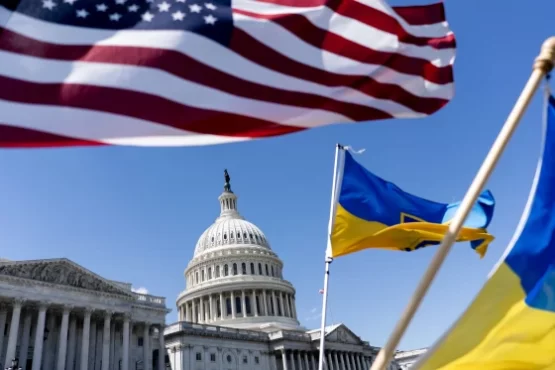South Sudan’s government announced Friday a two-year postponement of its long-awaited national election, pushing the vote to December 2026. The decision, revealed by President Salva Kiir Mayardit’s office, extends the country’s transitional period and underscores the ongoing challenges facing the world’s youngest nation in its quest for stability and democratic governance.
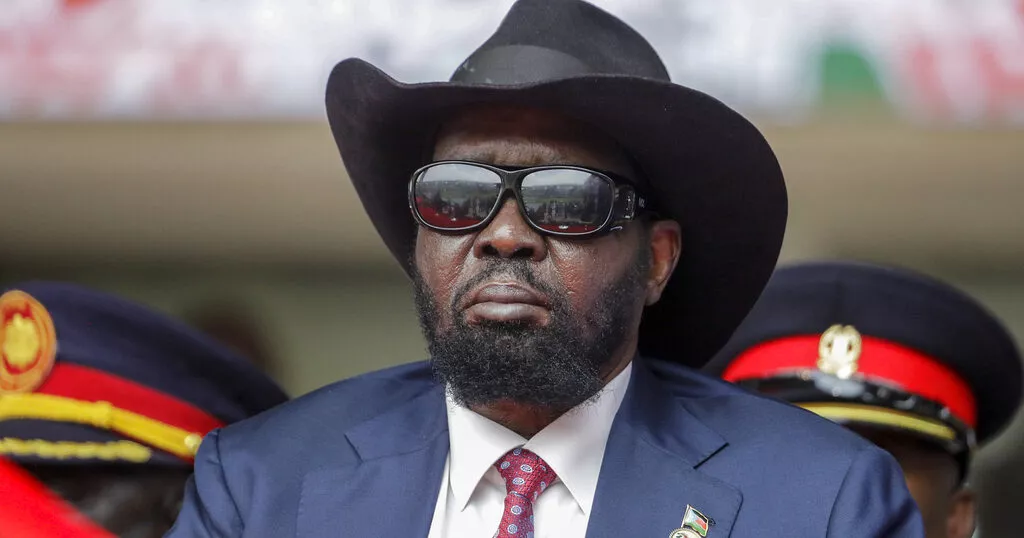
“The presidency, under the chairmanship of President Salva Kiir Mayardit, has announced an extension of the country’s transitional period by two years as well as postponing elections, which were initially scheduled for December 2024 to December 22nd, 2026,” stated a post on the presidential Facebook page.
The elections were intended to choose leaders to succeed the current transitional government, which includes President Kiir and First Vice President Riek Machar. Both leaders’ forces were on opposing sides during the country’s devastating five-year civil war that ended formally with a peace agreement in 2018.
South Sudan has been grappling with the implementation of this peace deal, which aimed to bring an end to a conflict that claimed hundreds of thousands of lives. Despite the formal cessation of hostilities, violence between rival communities continues to flare up frequently, highlighting the fragile nature of the peace.
The presidency cited the need for “additional time to complete essential tasks before the polls” as the primary reason for the postponement. These tasks, while not explicitly detailed, likely include addressing security concerns, establishing necessary electoral infrastructure, and furthering reconciliation efforts among various factions within the country.
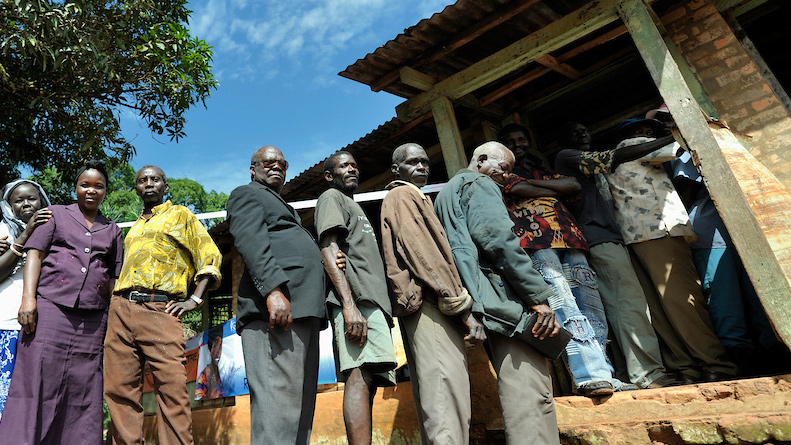
This delay raises questions about the progress of South Sudan’s transition to democratic rule since gaining independence from Sudan in 2011. The country has faced numerous challenges, including political instability, economic hardship, and humanitarian crises exacerbated by conflict and climate-related disasters.
International observers and regional partners, who have been closely monitoring South Sudan’s progress, are likely to scrutinize this decision. The postponement may impact international support and aid, which has been crucial for the country’s rebuilding efforts.
The extended transitional period also presents both opportunities and risks. While it provides more time to address underlying issues and prepare for elections, it also prolongs the tenure of a government that was meant to be temporary, potentially straining the delicate power-sharing arrangement between Kiir and Machar.



